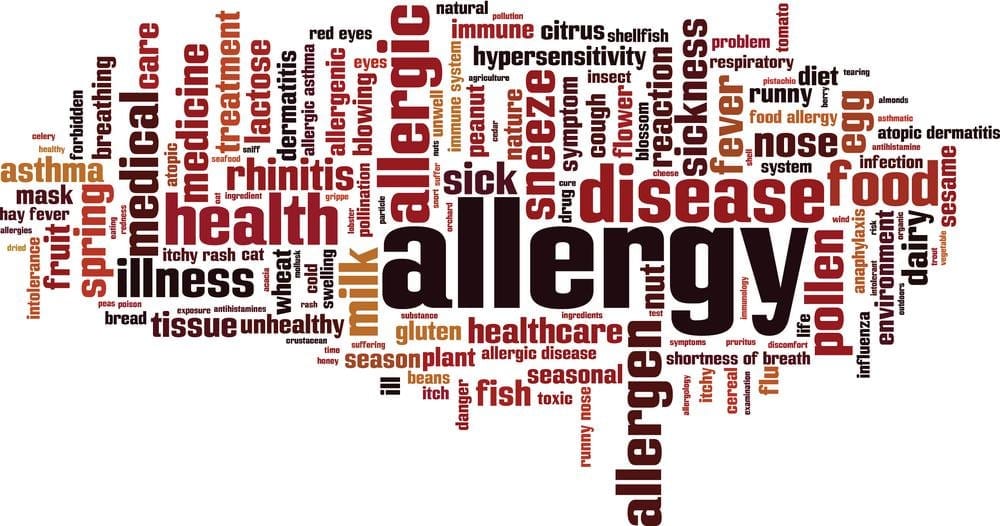Autoimmunity is a process that occurs when the immune system becomes a little confused about which cells in the body are foreign, and which are self. In autoimmune disease, the body attacks its own healthy cells causing damage to tissues, organs or glands. This creates a chronic inflammatory response, at the same time, leaving our immune surveillance and defense against external infections depleted.
There are more than 80 different types of autoimmune disease. Some have a genetic link, others are triggered by infections, but in many cases, the causes are largely unknown.
Certainly, there are no one size fits all solutions for autoimmune disease and a thorough health history is required to piece the puzzle together and find the contributing causes. It is not good enough to only attempt to ameliorate symptoms with anti-inflammatory and immunosuppressive drugs, as in the long term this will generate a new set of health issues.
There are some clear and consistent areas of health that must be addressed in order to manage or restore a healthy immune response:
Stress: Both physical and emotional stress can play a role in developing or sustaining autoimmune inflammation. The body’s response to stress is one of alarm, and an attempt to bring the body back to safety and out of danger. This response creates a cascade of events in the body which can turn off digestion, tissue repair, and cell renewal and increase oxygen and nutrient needs, metabolic waste production and inflammation. The body is designed to recover from short-term stress, but chronic stress can leave this inflammatory response switched on permanently.
Gut Health: The immune system directly responds to anything that crosses from the digestive tract into the bloodstream. Leaky gut is where under-digested food particles, microbes, waste products and toxins are able to breach the gut lining/barrier due to gaps in the tight junctions between cells in the gut wall. The immune system then creates an inflammatory response to these “foreign invaders”, and eventually a prolonged immune response can develop into autoimmunity. Gluten is one of the main culprits for leaky gut and should be avoided if you have an autoimmune disease.
Diet & Toxins: As with gluten, some foods can be a source of inflammation or toxicity in sensitive individuals. With autoimmune disease the gut lining is most likely compromised, contributing to an aberrant immune response to foods that would normally be well tolerated. Additionally, the detoxification system becomes overwhelmed by more reactive compounds or toxins entering the bloodstream. Where a healthy detoxification system may be able to safely eliminate toxins without adverse consequences to the body, an overwhelmed detoxification system may not be as efficient. Additional toxins are potentially introduced in the diet through pesticide residues found on fruit and vegetables. Some of these chemicals have been shown to be associated with an increase in autoimmune diseases. Furthermore, antibiotic residues in meat products have the potential to disrupt the body’s natural microbe balance (the microbiome) leading to a disruption in gut function and immune system behaviour.
With autoimmune disease, it is important that the aim of treatment is truly holistic in order to achieve long-term wellness and reduce the progression towards tissue damage and further dysfunction. Daily dietary, lifestyle, social and emotional behaviours must be addressed in combination with specific therapeutic approaches to both relieve symptoms, restore optimal function, reduce inflammation and balance the immune system response. Your naturopath can help guide you on a specific approach tailored to your needs.
Anne-Marie McDonald
Naturopath



